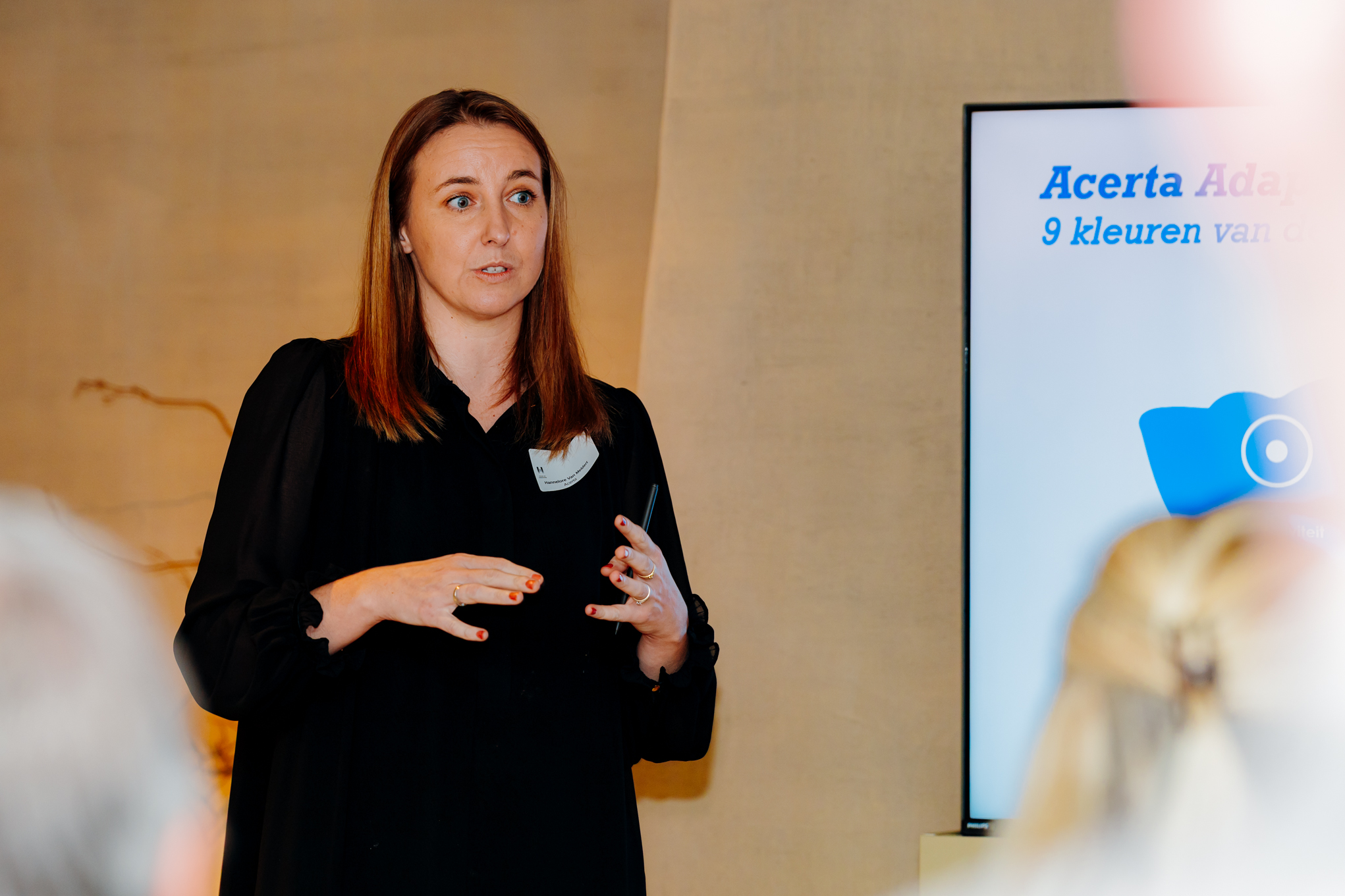
#BELNED: on policy, trust and cultural differences
Professor Sleuwaegen worked at KULeuven and Vlerick Business School, but also at the Erasmus University in Rotterdam for more than twenty years, where he was involved in studies about economic policy. As an insider in both countries, he’s the ideal person to share some comparative insights.

An important reason for this is, for example, the employment rate. The rate is no less than 22% higher in our northern neighbor. In only one sector can we beat the Dutch: more Belgians work in public administration.
Heavy regularizations
International figures from the Global Competitiveness Report that professor Sleuwaegen brought along, also show the supremacy of the Netherlands. On almost all parameters measured in the report (‘Innovation capacity’, ‘Financial system’, ‘Institutions’, and ‘Infrastructure’), the Netherlands scores far better. On parameters such as ‘ICT’, ‘Labor Market’, and ‘Skills’, the difference is almost embarrassingly large. Even on ‘Health’ – where Belgium was leading for years – the Dutch leave us in the dust. The differences in, for example, ‘Business Dynamism’ and ‘Product Market’ are, according to the professor, mainly due to the heavy regularizations in Belgium and because many markets are too closed to competition.
The Netherlands’ advantage is already visible in the field. In the Netherlands, many more new companies are set up each year and there are also many more “high-growth” companies. And even if Belgium spends more money on R&D and government support for R&D, there are a lot more design, patent and trademark applications each year in the Netherlands.
Market mechanisms

Professor emeritus Leo Sleuwaegen
The reasons for all this need not be far-fetched, says the professor. The Netherlands believes much more in free market forces than Belgium and, in that respect, has made an enormous turnaround since the 1980’s. Whereas the Dutch economy used to rely heavily on holdings and closed systems, they now rely much more on market mechanisms. In Belgium there is still much more state intervention, and the government is getting more resources instead of less.
There are also many cultural differences between the Dutch and the Belgians. Hierarchy, status and respect for the boss are much more important in Belgium. Belgians are also much more risk-averse. These variables are important because they determine the politics of a country and therefore also have an impact on the economic landscape.
Reformations
The question then arises: what should Belgium do? Professor Sleuwaegen argues for (neo-)liberal solutions. Government subsidies must be cut, social security must be reformed, and the power of the government must be curtailed. Belgium must open up its markets much more and become less bureaucratic. However, the professor thinks that this will only happen if Belgium is “forced” to do so because of external circumstances.
Reflections of a Dutchman in Brussels

Willem Wynaendts, investor, board member and Senior Partner at Associés en Gouvernance
The afternoon was rounded off by Willem Wynaendts, a Dutch investor and former executive at AXA, who has been living in Belgium for years. For him, there are interesting investment opportunities in Belgium and he pointed out the difference in the way business is done in the Netherlands and Belgium. He particularly appreciates the friendly and warm atmosphere in Belgium, with people who are professional and genuinely interested in others. This often provides a stark contrast to the sometimes overly harsh directness of the Dutch, he says.
After a Q&A, there was time for networking with drinks and bites. You can watch the pictures here.
The next M&A Forum is for Young M&A (up to 35 years) on June 16.
Recente artikelen

De roep om ons aan te passen klinkt luider dan ooit. Maar wat betekent dat eigenlijk, aanpassingsvermogen? En belangrijker: kunnen we het leren? Hannelore Van Meldert en Jochen Bessemans (Acerta Consult) deden er onderzoek naar en schreven er het boek ’De kracht van de kameleon’ over. Op de Winterwende stelden ze hun bevindingen voor.

De speeltijd is voorbij. AI grijpt vandaag al diep in op bijna alle domeinen, binnen HR van rekrutering tot welzijn en daarbuiten in heel wat andere primaire processen van bedrijven. Toch is dit voor bedrijven geen eenvoudig plug & play-verhaal. Op het pad naar AI liggen heel wat uitdagingen, maar ook kansen. Welke, dat onderzocht Acerta in zijn HR Outlook 2026, die voorgesteld werd tijdens onze exclusieve Winterwende.









